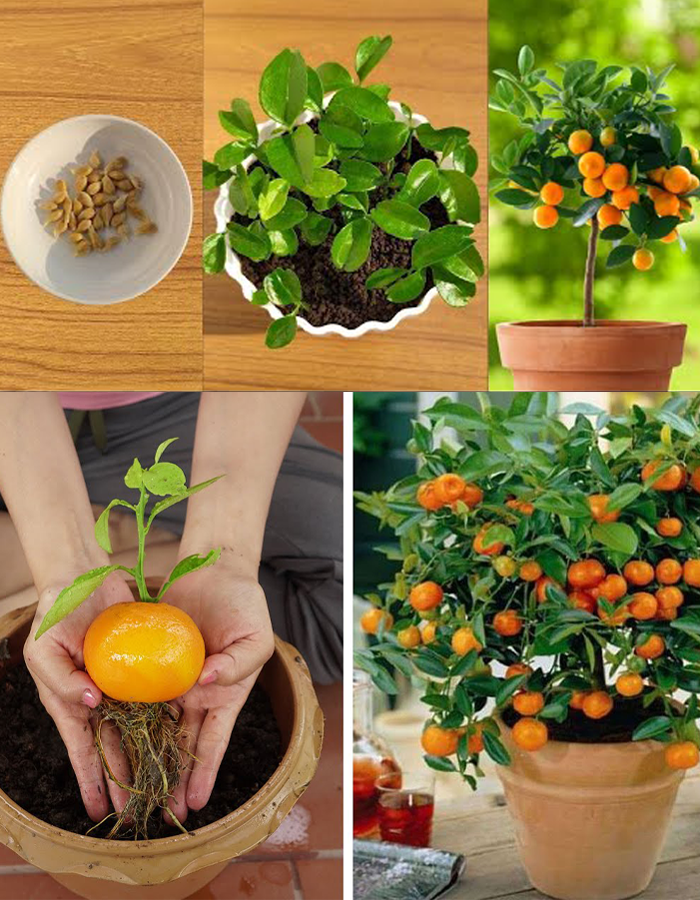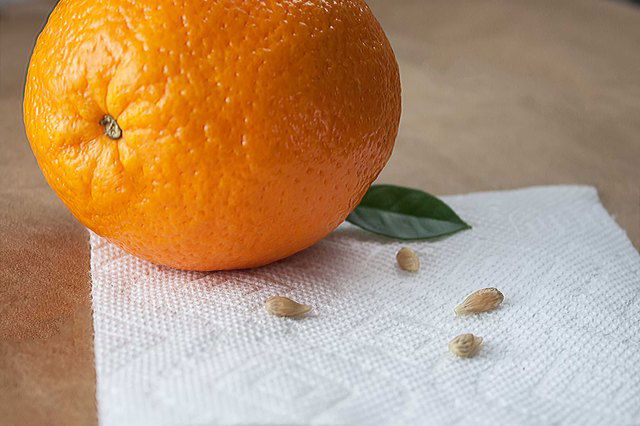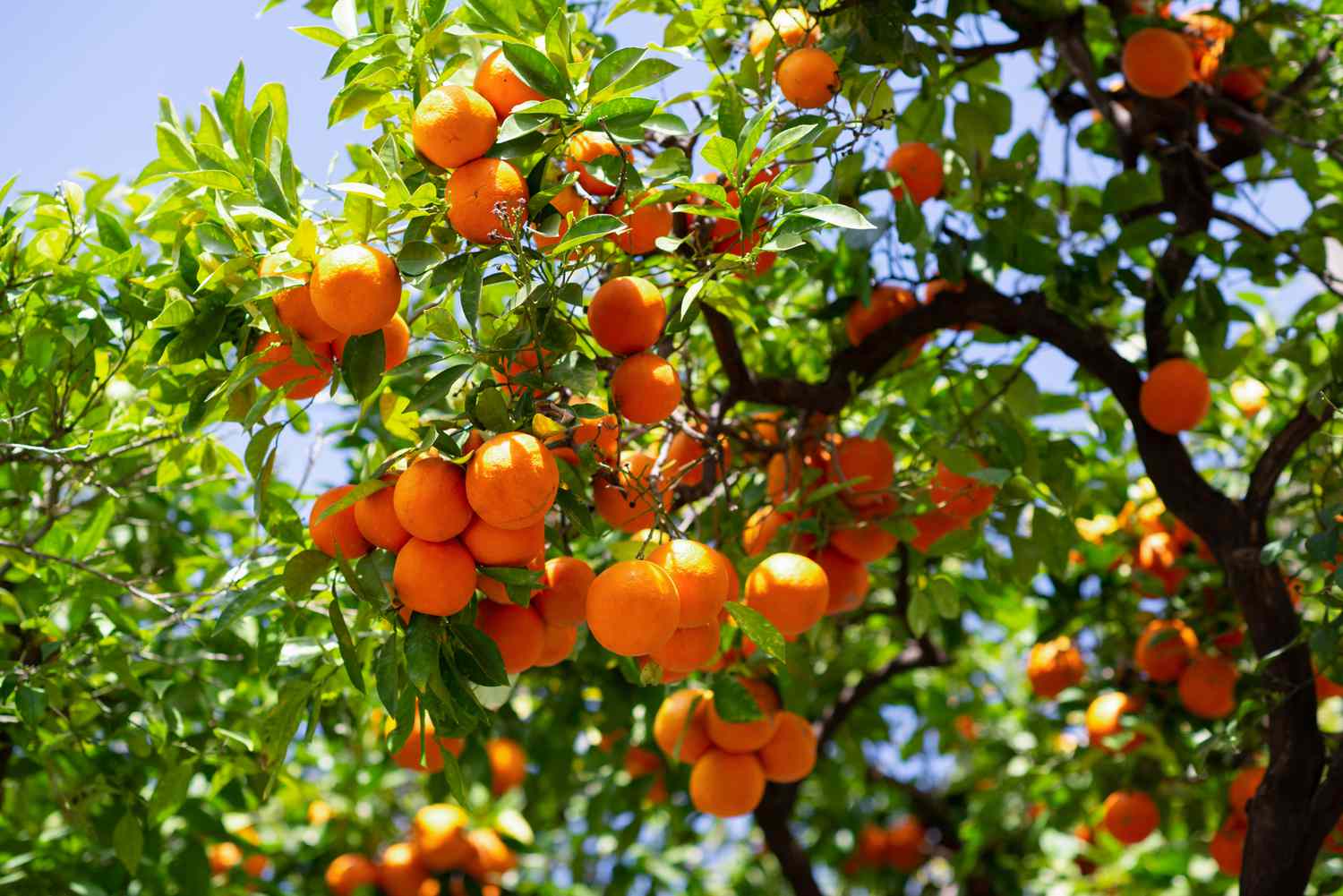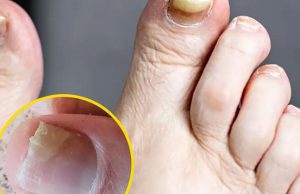
A completely mature orange produces numerous oval, pale seeds that can be utilized as the basis for cultivating new orange trees of the Citrus sinensis L. variety.
The seeds, also known as pips, demonstrate straightforward germination without the need for pre-treatment, and they rapidly result in flourishing, evergreen leaves.
Nevertheless, orange trees grown from seeds exhibit slow growth, typically taking seven to eight years before bearing fruit.
Seed Preparation:

The vitality of orange seeds declines quickly once they are detached from the fruit, underscoring the importance of being prepared before slicing the orange.
Choose seeds from a completely ripe fruit displaying a vivid orange hue and without any signs of green, making sure they originate from healthy, unblemished fruits that are free from any rot or mold.
To enhance successful germination, utilize at least four orange seeds, rinsing them thoroughly in clean, cold water to eliminate residual sugars. Allow the seeds to dry on a paper towel while preparing the pots for germination.
Sowing Tips:

Attaining the proper water balance and ensuring the appropriate sowing depth are essential for the successful germination of orange seeds.
Use a pristine pot measuring 6 to 10 centimeters, equipped with at least two drainage holes at the bottom, and fill it with sterile potting soil consisting of an equal combination of crushed peat moss and fine-grain perlite.
Leave about 1 cm from the top, place two seeds on the surface near the center with a spacing of approximately 1 cm, and cover them with 0.5 to 1 cm of potting soil. Spritz the medium with water to settle it, ensuring proper cohesion.
Care During Germination:

Orange seeds require temperatures exceeding 21°C for successful germination. Arrange the pots on a germination mat or a naturally warm location, such as above a refrigerator or near a water heater.
Wrap the pot with plastic film to preserve heat, leaving loose edges for any excess moisture to dissipate. Keep the soil consistently moist, allowing the surface to slightly dry before the subsequent watering.
The majority of orange seeds typically sprout within 7 to 10 days under warm conditions, though certain seeds may require a longer germination period. After sprouts emerge, remove the plastic wrap and relocate the pots near a west- or south-facing window with a minimum of four hours of sunlight daily.
Seedling Selection:
Orange trees produce two categories of seedling shoots: genetic shoots and vegetative shoots. Vegetative shoots replicate the characteristics of the parent tree and ensure high-quality fruit production.
In contrast, genetic shoots, influenced by cross-pollination, may not yield similar fruit quality and should be removed. Each orange seed can generate three sprouts: one genetic and two vegetative. As the vegetative shoots are more robust, eliminate the weaker genetic shoot at the base to facilitate optimal nutrient absorption.
Transplanting and Monitoring the Orange Tree:

The sterile medium used for germinating orange seeds lacks the essential nutrients for vigorous seedling growth. Consequently, transfer the seedlings into fresh pots ranging from 10 to 15 cm, filled with potting soil specifically formulated for citrus plants. Make sure these pots also include drainage holes.
Place the seedlings in a bright, sunny location with southern exposure, watering them when the surface soil dries, and adding water until it drains from the pot bottom. While orange trees can thrive in containers, optimal performance is achieved when planted outdoors within their preferred climate range.
Source: Garden Growth Tips




















